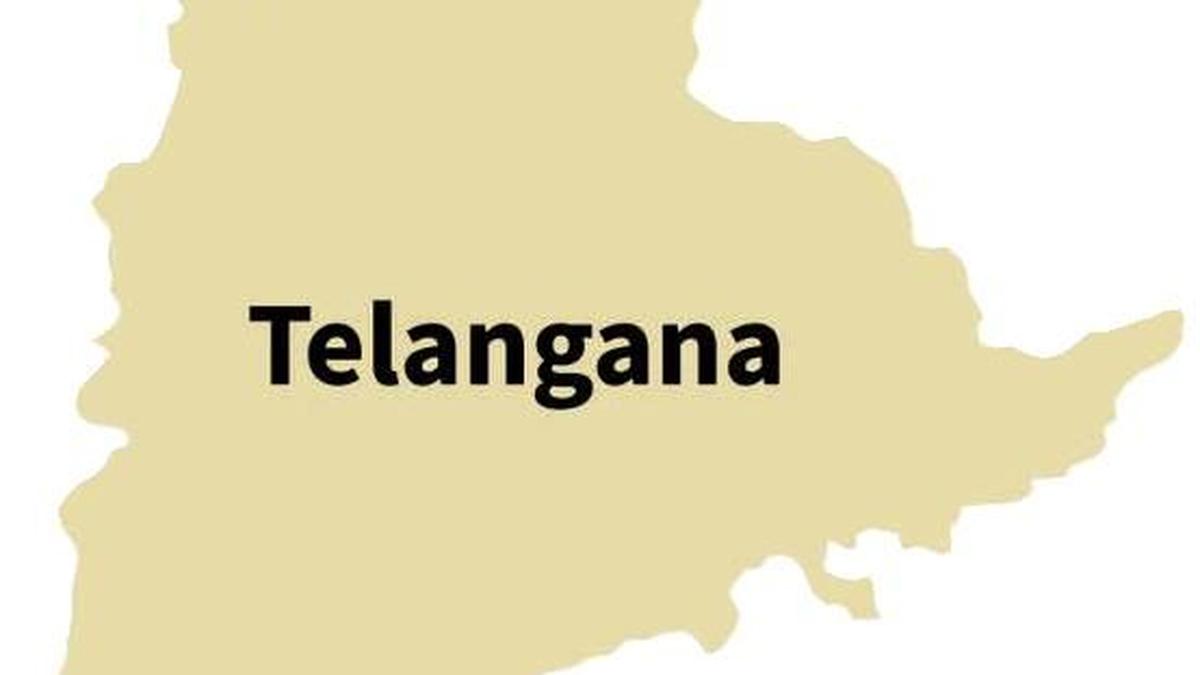Telangana Turmeric Triumph: National Turmeric Board Brings Sweet Success to Farmers
For two decades, Telangana's turmeric farmers have tirelessly championed their cause, dreaming of a day when their golden spice would receive the national recognition it deserves. Their dream has finally blossomed into reality, transforming lives and injecting new hope into the vibrant turmeric industry. Get ready to uncover the incredible story of how the establishment of the National Turmeric Board (NTB) in Nizamabad is revolutionizing India's turmeric trade and ensuring a brighter future for its farmers!
The Golden Spice's Rise: From Humble Beginnings to National Recognition
Turmeric, the golden spice revered for its culinary and medicinal properties, holds a special place in India's agricultural landscape, and Telangana's contribution to this legacy is significant. Cultivated extensively across the fertile lands of Nizamabad and along the Godavari river, this aromatic rhizome has been a cornerstone of the region's economy for generations. But the journey toward national recognition for this precious crop was fraught with challenges, including volatile market prices and the persistent need for support infrastructure. The formation of the NTB marks the culmination of relentless efforts by farmers' associations and the support of several governmental players, finally making the dream of establishing a national-level institution for this crucial spice a reality.
The Long and Winding Road to Success
The seeds of the NTB were sown as far back as 2006 when farmers’ organizations began demanding fairer prices and comprehensive support for turmeric cultivation. In 2007, the Telangana Turmeric Farmers Association celebrated the establishment of a Turmeric Research Station in Kammarpally as a significant first step. Political will, however, remained elusive for years despite several key players voicing their commitment. In 2019, the election campaign brought national attention to the NTB when a BJP candidate made a public commitment to the farmers.
From Election Promise to Celebrated Reality
The establishment of the NTB wasn't without its political twists and turns, and faced several challenges and delays over the years. Ultimately, the commitment was fulfilled, and in a dramatic turn of events a few years later, with the inaugural launch occurring in 2024, coinciding with a significant harvest season. This highly celebrated event is an exciting step toward supporting India's turmeric growers.
The National Turmeric Board: A Beacon of Hope for India's Turmeric Farmers
The NTB's inception signals a paradigm shift in the Indian turmeric sector. This dedicated body aims to promote research and development, boost exports of turmeric and related products, and leverage the significant medicinal value of turmeric. Encompassing over 30 varieties of turmeric from across 20 states, the board serves as a unifying force, driving innovation and growth across India's diverse turmeric-producing regions.
Key Objectives and Benefits of the NTB
The NTB's primary objectives include improving farming practices and yields, promoting value addition, and enhancing access to both national and international markets. This would result in enhanced remuneration for the farmers, a long-awaited dream that would help uplift this key part of the farming community.
Strategic Partnerships and Collaboration
The NTB's success is intricately tied to the establishment of collaborative ties with key stakeholders, encompassing the government, the private sector, researchers and of course, the farming communities themselves. This collaborative structure promotes holistic development across all segments of the value chain, bolstering efforts for fair prices and enabling the establishment of marketing channels for all Indian Turmeric growers.
The Future of Turmeric: Innovation, Export, and Economic Empowerment
The NTB’s establishment marks not just a win for Telangana’s turmeric farmers but sets a new paradigm for agricultural development in India, fostering a more sustainable and equitable economy. This milestone provides numerous prospects for agricultural progress across India.
Boosting Exports and Expanding Market Reach
By facilitating access to new export markets and driving value addition efforts, the NTB is set to considerably expand India's turmeric reach internationally. This will increase both income levels and economic empowerment throughout India's agricultural communities.
Research, Development, and Innovative Farming Technologies
Research efforts are set to become increasingly crucial. The creation of modern facilities including cold storage and better quality control processes ensures that India's turmeric farmers can sustainably increase crop yields whilst meeting the demands of increasingly sophisticated export markets.
The Road Ahead: Addressing Ongoing Challenges and Ensuring Sustainable Growth
Despite the establishment of the NTB, numerous critical needs remain for India's turmeric farmers, including the need for a guaranteed minimum support price (MSP) for their golden spice. This will protect vulnerable farmers from exploitation and volatility in international market prices. Additional long-term investments are required to build necessary supporting infrastructures, for example: facilities to dry and process the harvests and cold storage. By creating this support infrastructure, India's agricultural communities are being protected from significant financial risks whilst promoting the overall viability and profitability of Indian Turmeric.
Take Away Points
- The establishment of the National Turmeric Board (NTB) in Nizamabad marks a watershed moment for Telangana's turmeric farmers and the wider Indian agricultural sector.
- The NTB aims to promote research, development, and export of turmeric and its by-products, strengthening the sector's economic viability.
- Addressing challenges such as fluctuating prices and building infrastructure are paramount to realizing the NTB’s full potential.
- The future of Indian turmeric production is brighter thanks to the joint efforts of the Indian farmers and government support from both national and local levels.




